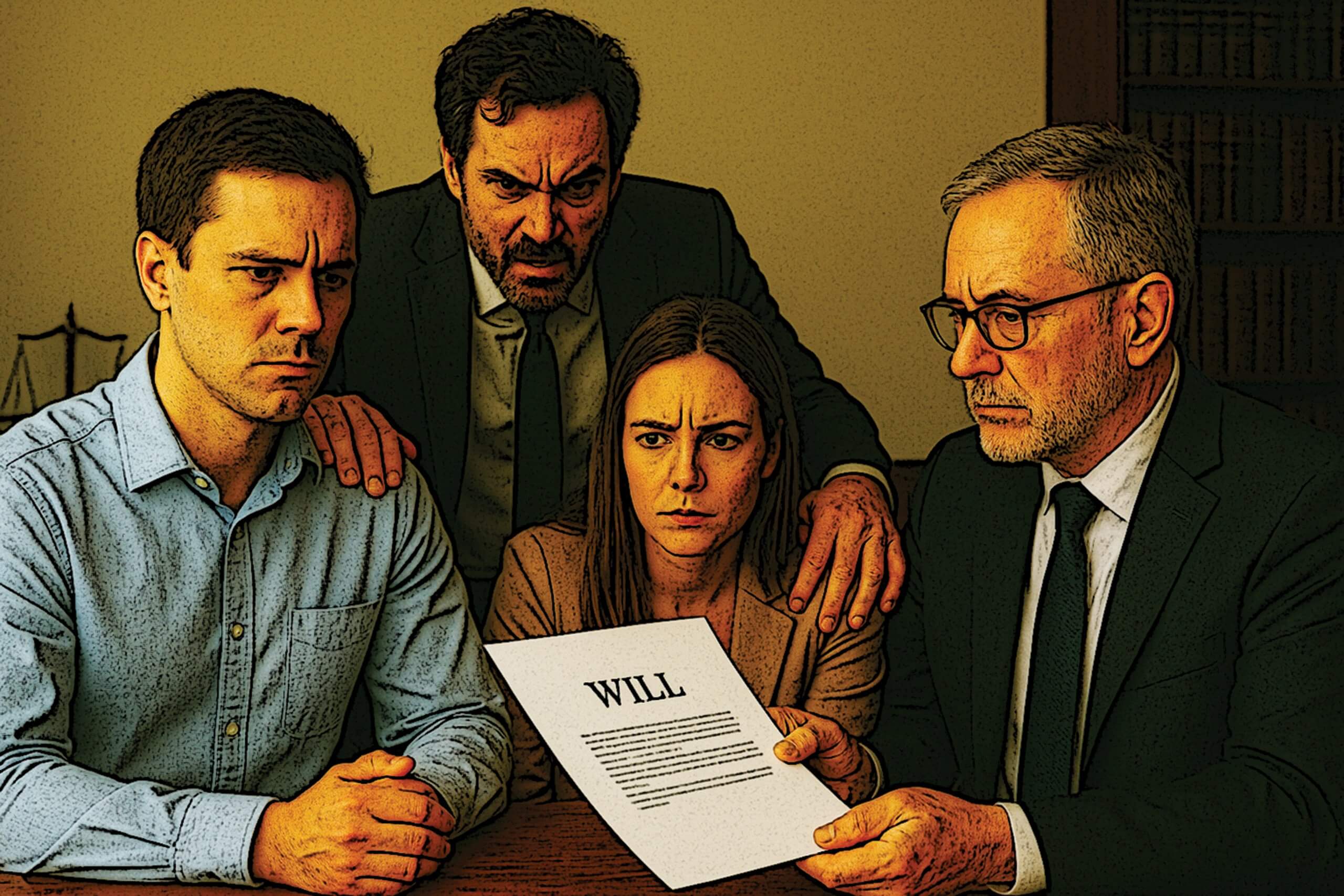
NYS Is Making a
Killing Off Your Death!
In 2021, New York State collected a staggering $1.5 billion in estate tax revenue.
That is more than any other state in the nation, while similar programs in places like Massachusetts, Connecticut, and Oregon are quickly closing the gap. Even though these estate tax hauls account for less than 1% of overall state and local tax revenue, the impact on individual families is far more devastating. New York’s system is one of the most aggressive in the country, and its hidden costs begin immediately after death. Before a single asset is transferred to a spouse or child, the estate must pay probate filing fees that start at $45 for modest estates and soar to $1,250 or more for larger ones. That’s just to enter the system.
Once inside, the court process, probate acts like a legal siphon. Attorneys charge $250 to $600 per hour or take a percentage of the estate, often 4 to 7%. Executors, often family members unfamiliar with the law, are legally entitled to a commission starting at 5% of the first $100,000 and scaling downward but still potentially totaling tens of thousands. Add in costs for mandatory appraisals, publication notices, court-required executor bonds, and document filings, and even mid-sized estates can see six-figure value erosion. Meanwhile, access to assets is frozen, sometimes for a year or longer, forcing heirs to front expenses like funeral costs, mortgages, or property taxes out of pocket.
New York’s estate tax regime compounds this. For 2025, estates above $7.16 million are taxed between 3.06% and 16%, but New York’s so-called “cliff” rule means that if an estate exceeds that threshold by just 5%, the entire estate is taxed and not just the excess. Families who believed they had protected their assets find themselves blindsided, writing enormous checks to Albany.
In other states with estate or inheritance taxes, the mechanisms may vary, but the trend is the same: the government gets paid before your family does. These policies may not target the working class directly, but they often ensnare modestly wealthy families who never expected to be penalized for dying. The wealth transfer system is not merely outdated, it’s engineered for revenue.
Probate isn’t just paperwork. It’s a slow, expensive, court-supervised process where the state and its legal ecosystem often take more than anyone expected, or budgeted for. Your death becomes their payday. But there is a way to fix this and help your assets bypass probate and go directly to heirs.
Revocable Living Trust: A legal arrangement that lets you transfer ownership of assets during your lifetime so they can pass directly to beneficiaries without going through probate.
TOD/POD Designations (Transfer on Death / Payable on Death): These allow you to name beneficiaries on bank accounts, retirement accounts, or securities so they automatically inherit without court involvement.
Joint Ownership: Property held with another person as joint tenants (with rights of survivorship) passes directly to the surviving owner, avoiding probate entirely.
Small Estate Affidavits: In New York, if the total estate is under a certain dollar limit (currently $50,000, excluding real estate), heirs can use a simple sworn statement to claim assets without going through full probate.
These strategies keep assets out of court, avoid executor fees, and speed distribution preserving more wealth for real people, not the system.
Informed NY brings you the stories that impact your everyday lives.
Stories like this one – so let you know what’s going on and on how it affects your life. You won’t find these articles anywhere else. Keep up with the latest, get Informed NY in your in box.
Informed NY is independent journalism.
